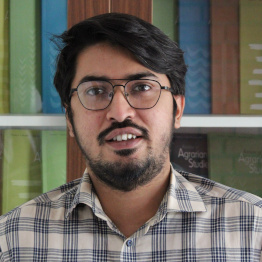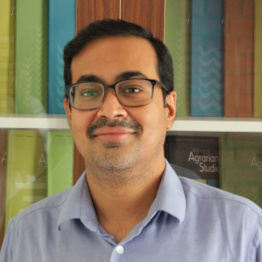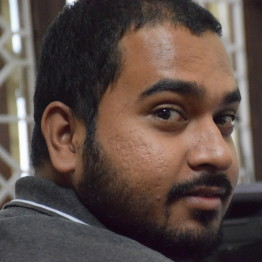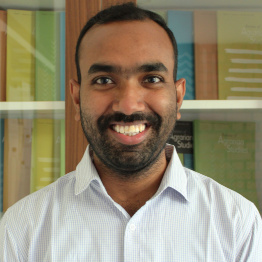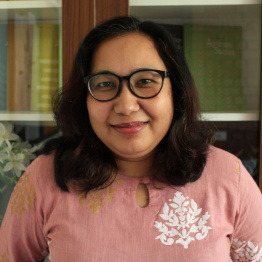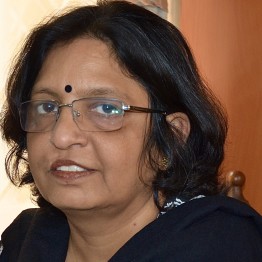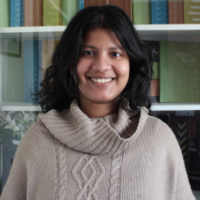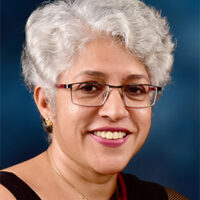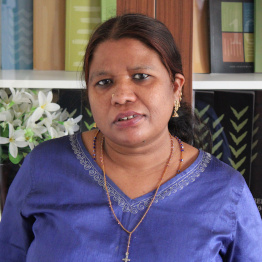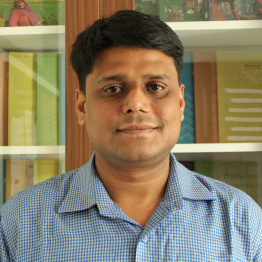First Annual Public Lecture of FAS
M. S. Swaminathan, geneticist and pioneer of the Green Revolution in India, delivered the first Annual Public Lecture of the Foundation for Agrarian Studies (FAS) on Monday, July 9, 2018. The lecture was titled “Science Shaping the Future of Agriculture.” S. Ramachandran Pillai, Vice-President of the All-India Kisan Sabha (AIKS), chaired the event.
The lecture was organised by FAS in collaboration with the Department of Economics, St. Joseph’s College (Autonomous), Bangalore. It was held at the Xavier Hall, Post Graduate Block (Nelapathy Block), St. Joseph’s College. More than 300 participants attended the event. Among the audience were students, senior scholars, agricultural scientists, and social scientists. Members of the All-India Kisan Sabha and the All-India Democratic Women’s Association were also among the audience.
The programme began at 4.15 p.m. with a welcome speech by Fr. Victor Lobo, Principal of St. Joseph’s College. The Principal invited Clement D’Souza, Head of the Department of Economics, St. Joseph’s College, to felicitate Dr. Swaminathan and Mr Ramachandran Pillai. Dr Swaminathan was also greeted by S. N. Kaushik, General Manager, Union Bank of India, Bangalore.
Madhura Swaminathan, Professor and Head of the Economic Analysis Unit, ISI Bangalore, and Trustee of FAS, welcomed all present. Sandipan Baksi, Director of FAS, presented a brief introduction to the work of the Foundation.
In his address to the audience, Mr. Ramachandran Pillai highlighted the commitment of the All India Kisan Sabha to fostering scientific methods in agricultural production. One of the major problems with the advancement of agriculture in India has been “the continuous attack on science and scientific temper by those in power.” He spoke of the need for a movement of scientists, social scientists, and concerned citizens to preserve scientific temper and avoid a perilous future.
Professor M. S. Swaminathan began his lecture by recounting how Jawaharlal Nehru had said that the future belonged to science and those who befriended science. Highlighting the progress of the country, Professor Swaminathan quoted from Paul Ehrlich’s The Population Bomb, in which Ehrlich suggested that food aid to countries like India should cease in order to prevent worsening the imbalance between food and population. Today, India is the only country in the world that has conferred the right to food as a legal right by means of the National Food Security Act. However, pointing to the grim reality of prevalent under-nutrition and malnutrition, he spoke on the urgent need to go beyond food security towards “nutritional security.” Science and technology, the agricultural scientist reaffirmed, will guide the way towards the latter. He mentioned the growing possibilities for a more productive and sustainable agriculture through the use of new technologies for gene editing, like CRISPR.
Highlighting the role of women in agricultural production and preserving biodiversity, he recounted the case of a woman farmer from Tamil Nadu, who was instrumental in introducing paddy cropping in the Kolli Hills using red grams and millets.
Stressing the environmental implications of higher levels of production, Professor Swaminathan said that although the Green Revolution stood for increasing productivity, he had warned as early as 1968 of the need to address environmental concerns. The present need is to increase productivity without ecological damage, that is, to move from “a green to an evergreen revolution”.
Discussing the major challenges for the future, he stressed the need to prepare farmers for changes in monsoon and market behaviour. Crucial to agricultural production are a well-developed weather code, drought code, and flood code.
Professor Swaminathan said: “Market management can be ensured by the state offering an attractive MSP, public procurement at the announced MSP, and public distribution through food and nutrition security programmes. The C2+50 per cent price for all crops uniformly was thought to be sufficient, whether implemented statutorily or by conventional means, but the procurement of crops at the given price is an equally important component of the issue.” Price fixation is a particularly important issue for the new generation of farmers, who are interested in knowing about returns on their investments.
He also recounted his time at the National Commission on Farmers, when he visited several families of farmers that had committed suicide, and came to the realisation that apart from government protection, robust social protection in every panchayat was vital.
The lecture was followed by a brief session of questions and answers.
Dr. Aparajita Bakshi, Associate Professor at the Master’s Programme in Public Policy in the National Law School of India University, Bangalore, delivered the vote of thanks.
The programme ended with some hot tea and coffee and snacks.
Some photographs from the event are below:

































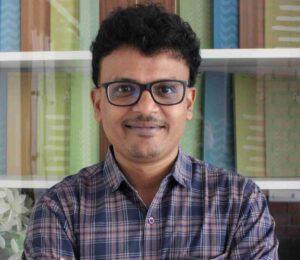







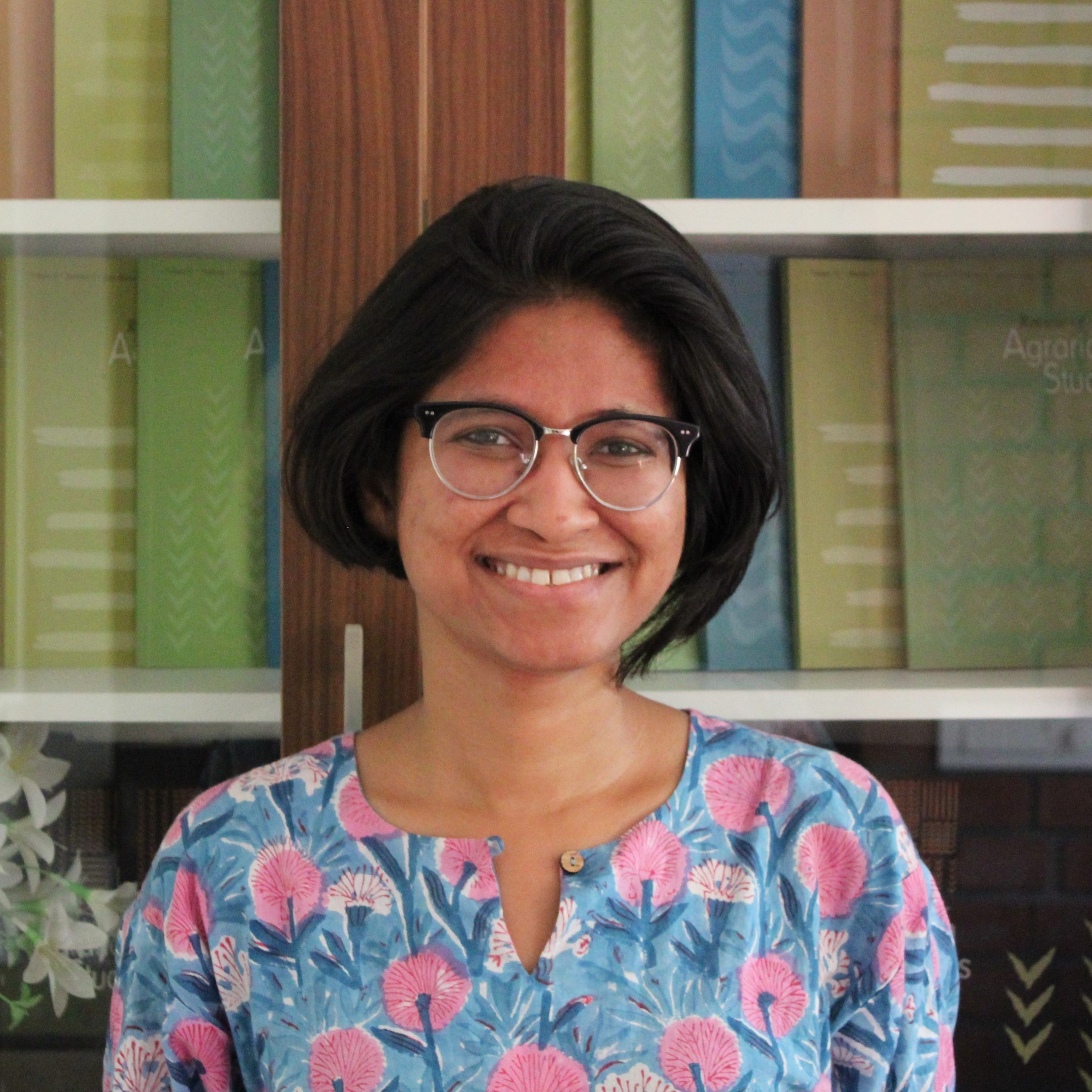
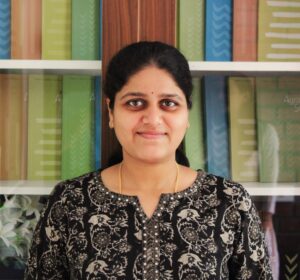
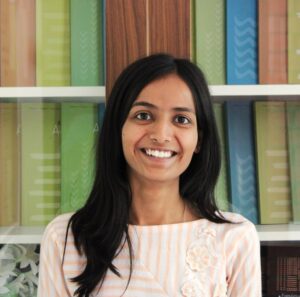
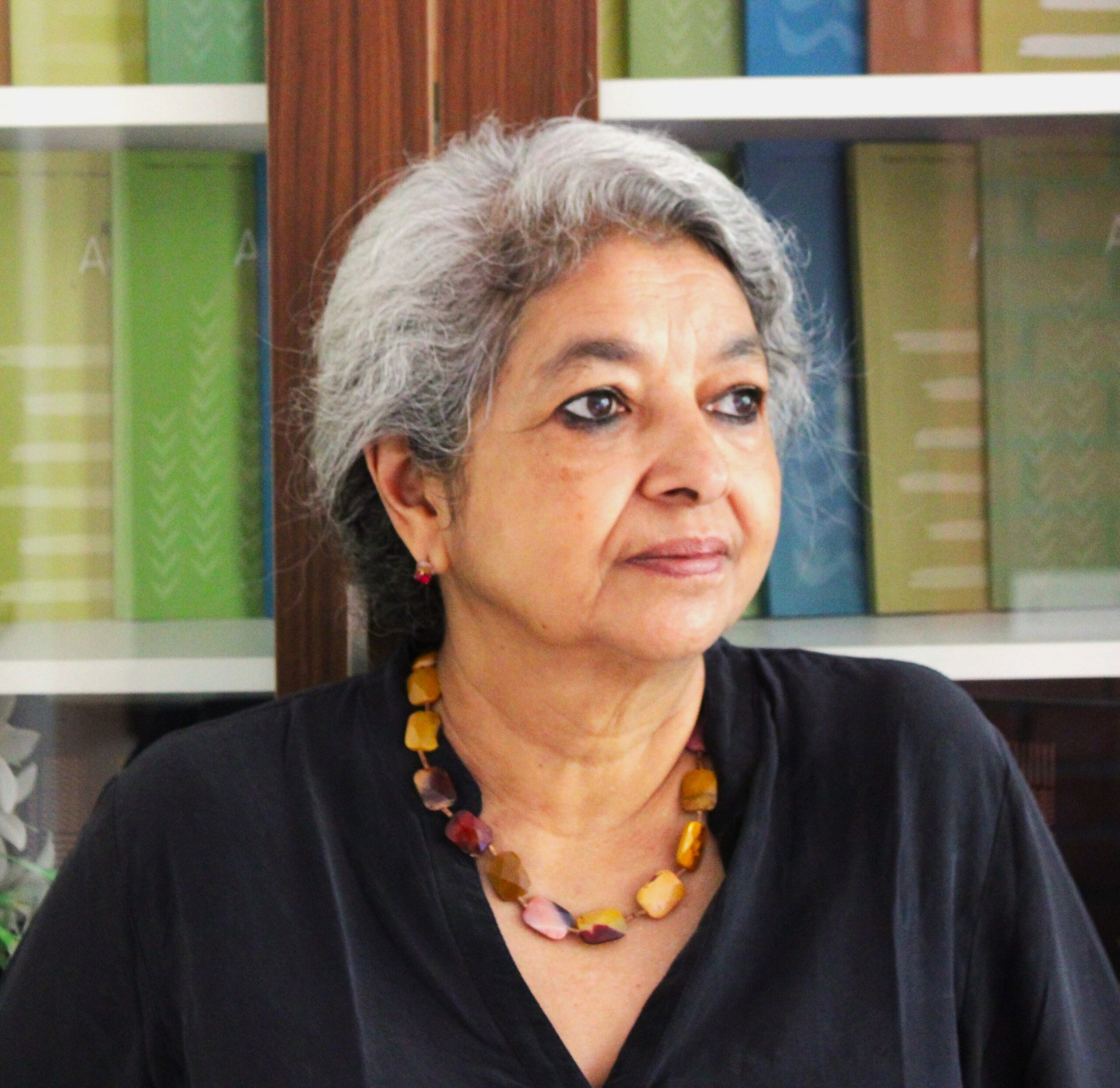
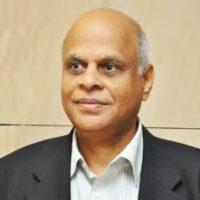









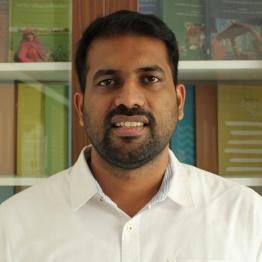


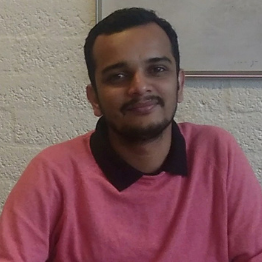




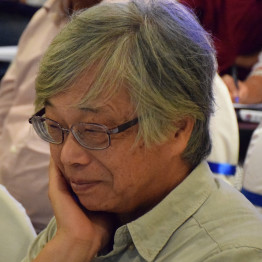
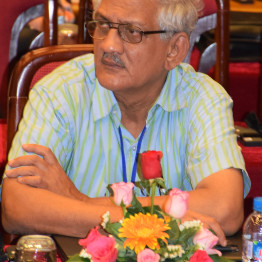
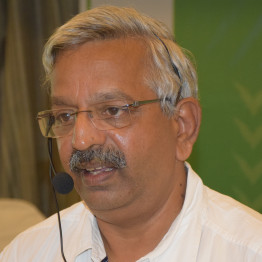

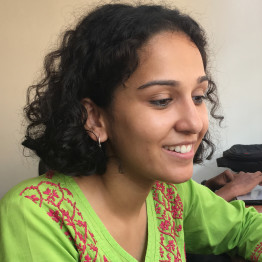
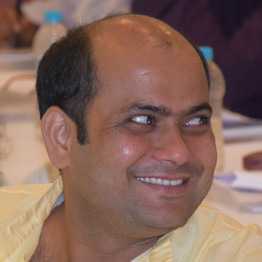

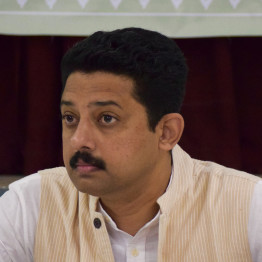


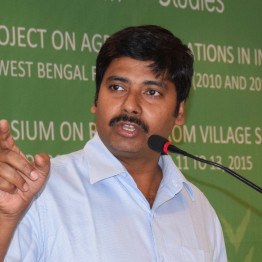

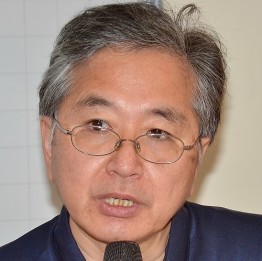

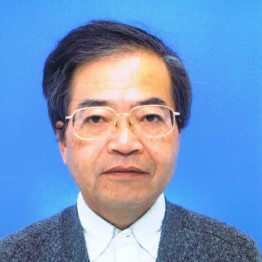
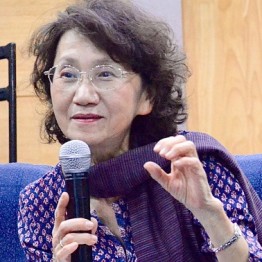

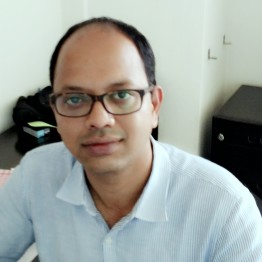


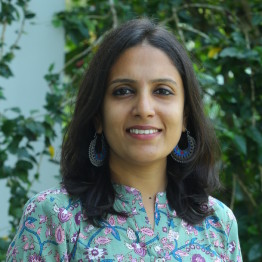
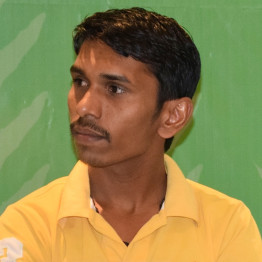

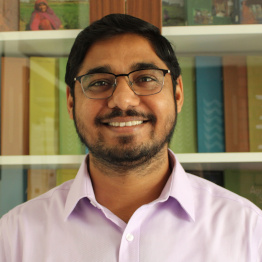
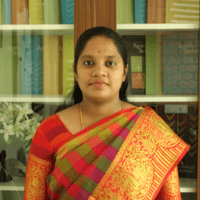 Sudha is an Administrative Assistant of the Foundation. She assists the administrative division of the Foundation and also has taken part in fieldwork organised by the Foundation.
Sudha is an Administrative Assistant of the Foundation. She assists the administrative division of the Foundation and also has taken part in fieldwork organised by the Foundation.
